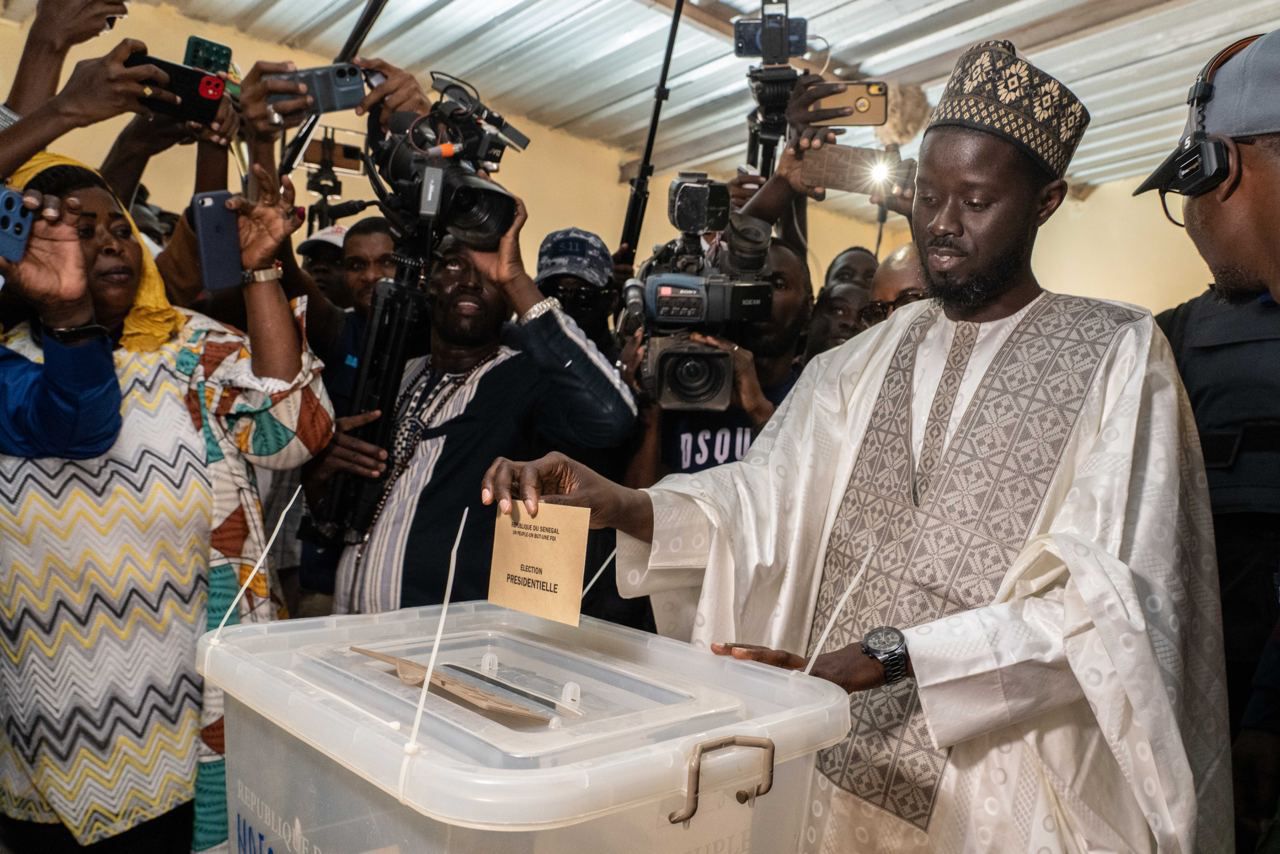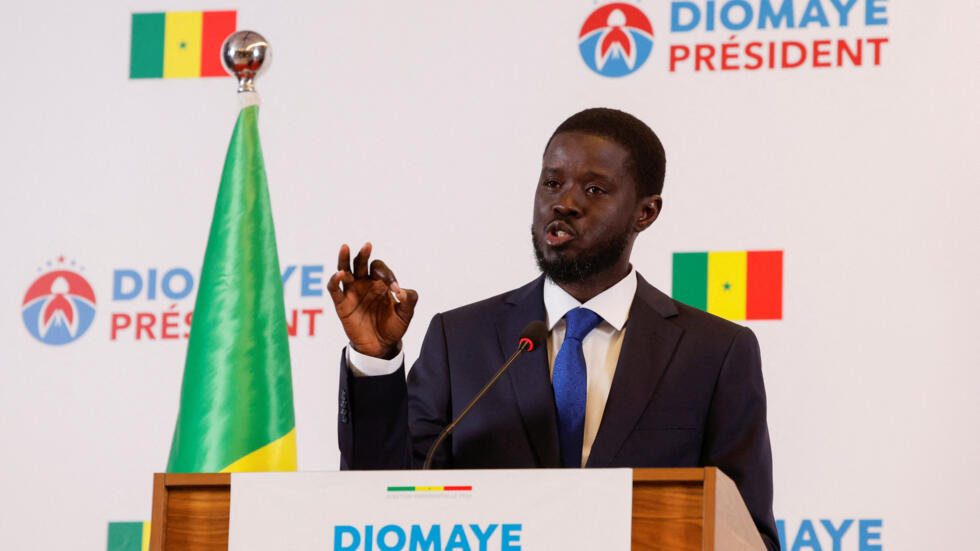From Prisoner to President:Who is Bassirou Diomaye Faye?

Less than two weeks after being freed from prison to contest in the election, Senegal’s little-known 44-year-old opposition leader Bassirou Diomaye Faye was named the nation’s new president
Prior to Sonko designating him as his heir, Faye, a former tax collector, was not well-known and was predicted to win the election.
His origins are in a little hamlet in the heart of Senegal. He has two wives and is a devout Muslim. Faye released an asset declaration prior to Sunday’s election and urged other contenders to follow same. It mentions a house in Dakar, as well as properties in his hometown and outside the capital. He has about USD 6,600 in his bank accounts.
He is even more honest than I am, in my opinion. At a joint press conference in March of last year, Sonko assured supporters, "I place the project in his hands." A few weeks later, Faye was detained and imprisoned on a number of counts, including slander.
The election result, according to Afrikajom Center founder Alioune Tine, demonstrated Senegal’s survival following a challenging year that had eroded the populace’s confidence in democracy.
Tine remarked, "From prison to the presidential palace." "The only nation in Africa able to withstand a disease of democracy that has severely shaken its society and all of its institutions, only to recover from it." International observers expressed pleasure that Senegal’s leadership had changed following months of bloodshed, but they also highlighted concerns about the new government’s foreign policy at a time when the coastal country is turning into a producer of gas and oil.
Restructuring the tumultuous ECOWAS regional organization was one of Faye’s early foreign policy priorities, which he unveiled on Monday night.
According to Rida Lyammouri of the Policy Center for the New South, a think tank with headquarters in Morocco, "a win by the opposition also means major changes ahead in domestic and foreign policies." Lyammouri further stated that the country’s new government’s foreign policy may be determined by its pledge to break away from former colonial power.
Sentiment has swung against France in several neighboring Sahelian nations, including Burkina Faso, Mali, and Niger, where military coups have lately occurred. The juntas in power have ceased their military exchanges with France and have resorted to Russian assistance.
High turnout and a generally calm voting were reported by observers. Early tallies revealed a resounding turnout in support of the opposition. Sonko on his YouTube channel, promising a decisive win. Celebrations broke out in Dakar as Faye was announced the winner that evening.
Supporters danced, played music, and let off fireworks till late at night in the neighborhoods surrounding the capital.
"These results will strengthen our democracy," stated Ndeye Sow (27). "We’re happy that there was no violence and that calm is the norm today." In a nation of almost 17 million inhabitants, more than seven million people were registered to vote. Candidates needed to receive more than 50% of the vote in order to prevail. Since Senegal gained independence from France more than 60 years ago, this was the country’s fourth democratic transfer of power.


0 Comments